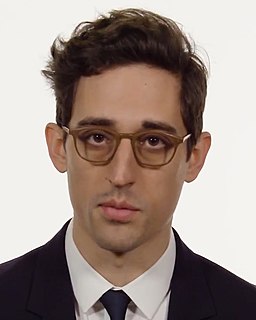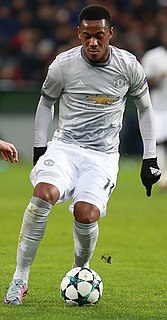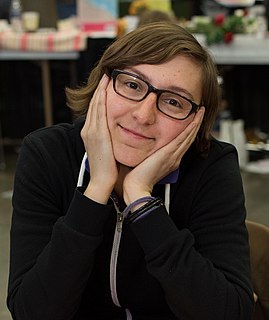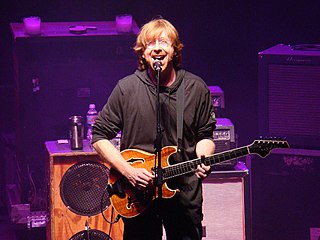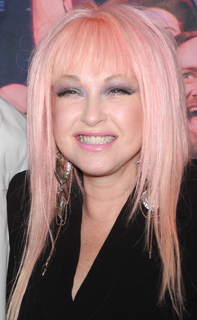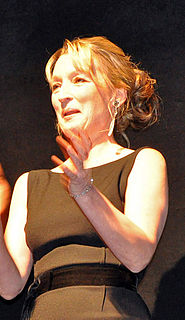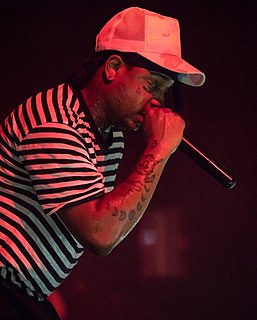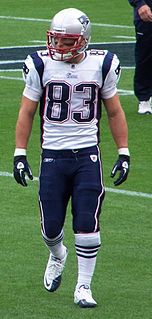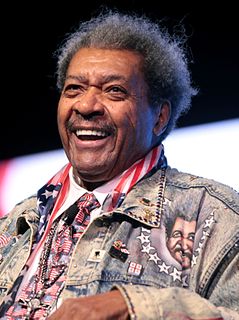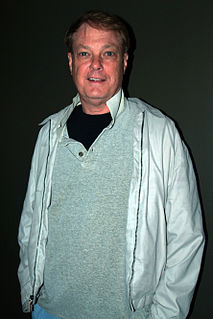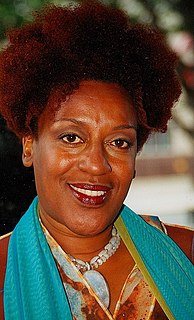A Quote by Justin Peck
Balanchine is the number one influence for me. His work was really musically driven. He and Jerome Robbins were the ones who really showed me that dance could be about the inner relation between movement and music. When I was a student first seeing their work, I was like, 'Oh, this is a thing?'
Related Quotes
Mr. Balanchine wanted me to be myself. He didn't want me to look like anyone else. I love teaching our company dancers the Balanchine ballets. I try to give them what was passed down to me and what I learned from him. They dance it so beautifully. It also keeps me close to Mr. Balanchine. He's with me every single day.
Music is a spiritual expression of what's in your heart. Music as a way of getting rich is a pretty new thing, and I often wonder if the mega-bucks glitzy atmosphere is making the quality of music suffer. You have to work really hard to get around that and remember why you're in it in the first place: because you have to be. It's like an addiction. You can't go a day without picking up your guitar. To me, the only commercial goals that are really valid are, 'Boy, I wish I didn't have to go to work. I wish I could do this all the time.'
I had two starts, really. The first was going to the Italia Conti stage school, aged 15. I'd gone to sing, but one day I found myself doing an improvisation and thought, 'Oh God, I quite like this acting thing.' The second start was meeting Mike Leigh when I was 22. He showed me I could play people that weren't like me.
I was an actor when I was a teenager and it could have been the direction that I headed in. But music and my relationship with music is quite deep, and it really is the nucleus of my creativity. So I gave up acting so I could pursue music fully, and I never thought about really going back. And then [director] Lee Daniels met me and wanted to work with me, and that's how it started.
Marriage is a really scary thing. I'm excited about it. I know it's not a mistake, it's the absolute right thing to do. I'm really happy about it. I really, really love my fiancee. We're good friends and I think it's going to work. But that's just the point - it's going to take work. It does make me feel vulnerable to be like, wow, I'm committed to this person for the rest of my life.
I been seeing other people work with Belaire like DJ Khaled, Rick Ross, and stuff like that. But other than that, I just wanted to work with them because they showed me mad love and were genuine when we were locking in the deal. For me, it had to make sense and be genuine, and this partnership definitely felt that way.
Oh yes, the Klitschkos. They got to learn how to fight. Period. But I'll tell you one thing - they're great human specimens. And I'd be happy to be able to work with them. If they chose to work with me. They had an opportunity when they got free of Peter Kohl - they didn't come to me. You know, I'm with who's with me. And I really don't care what fighter it is. I would be happy to promote them..Who could beat Vitali? Rahman could beat Vitali. His style is suited to beat Vitali.
I like the idea of seeing a film that has the artist's hand in there,a film where you can see his strokes, you can see his working patterns. It's like going to a museum and seeing a Renoir drawing. You want to see their work and you want to see how they put it together. For me to see that in animation is really fresh, it's really exciting, it's really original.
